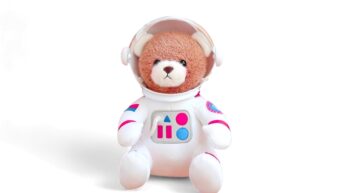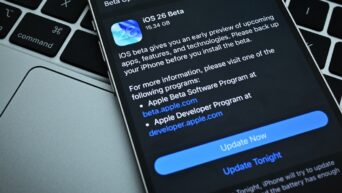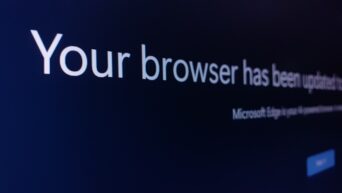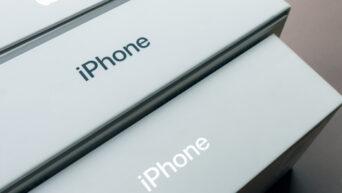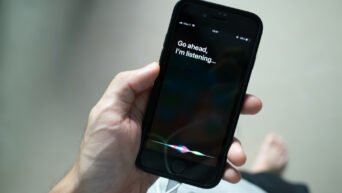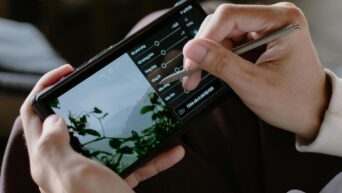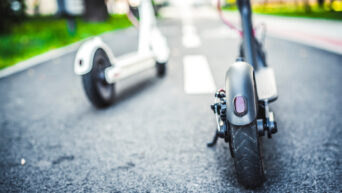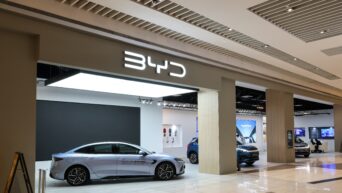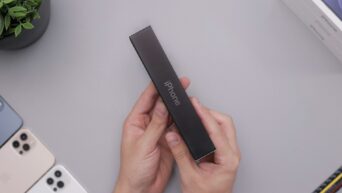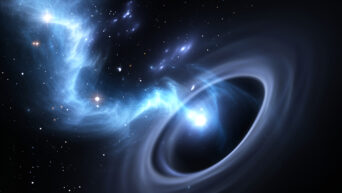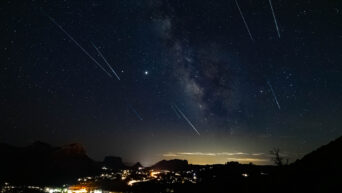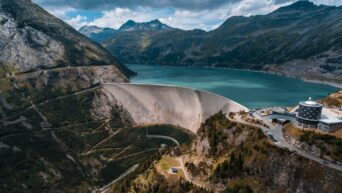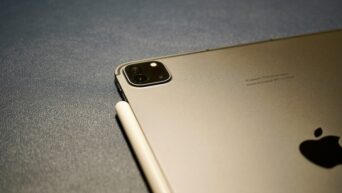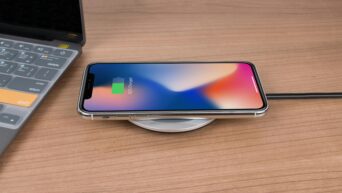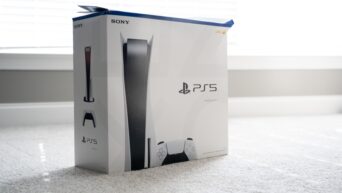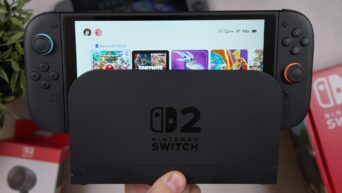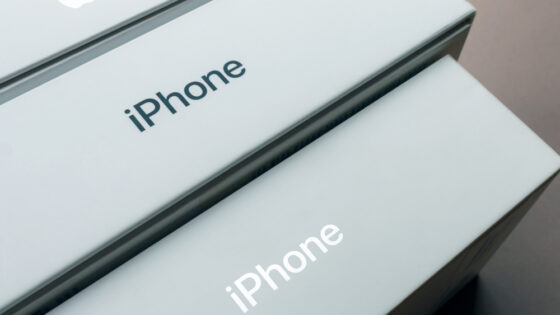Virgin Galactic, a subsidiary of Virgin Group, is one of the competitors in the race to create the world’s first commercially viable spacecraft. Today, thanks to a successful field test, Virgin Galactic may have just taken the lead in that race.
Virgin’s prototype aircraft, the Unity, was launched on a rocket-powered flight this morning. With assistance from the jet mothership Eve, Unity was deployed at 40,000 feet, and rocketed into the stratosphere at Mach 2.9. After it reached an altitude of 51.4 miles, or about 83 kilometers, Unity flipped over and gracefully glided back down to the landing zone in the Mojave desert. This successful rocket-powered flight is the result of extensive engine and gliding testing, and it has paid off in spades.
After the flight, Virgin founder Richard Branson made a glowing statement to CNBC. “Many of you will know how important the dream of space travel is to me personally. Ever since I watched the moon landings as a child I have looked up to the skies with wonder. This is a momentous day and I could not be more proud of our teams who together have opened a new chapter of space exploration.”
As a fun aside, according to official definitions set by the U.S. military and NASA, any aircraft pilot that exceeds 80 kilometers is officially an astronaut. Unity’s pilots, Mark Stucky and C.J Sturckow, will be granted official astronaut status at a ceremony in Washington D.C. next year



